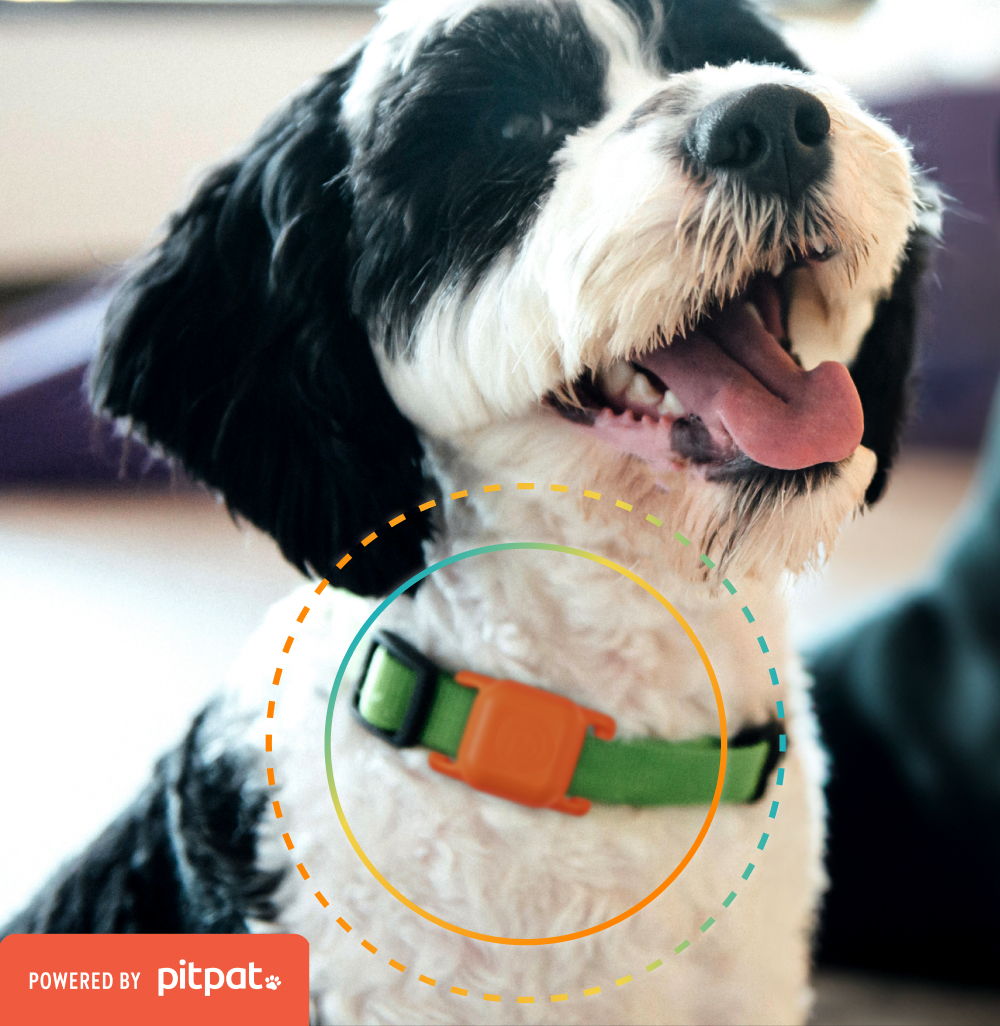5 Vaccines Your Social Dog Should Be Current On

Taking your dog to Dogtopia, dog parks, pet food stores, and even the veterinarian means your pup is social and needs to be current on these important vaccines.
Here are the five most important vaccines to keep your dog protected and why they should be up to date.
Rabies
Rabies is required once at 16 weeks of age in puppies, then given again 1 year later (1 year, 4 months of age) and then every three years going forward. Dogs are required by law to be vaccinated against the rabies virus because this deadly virus can spread to humans.
WHY? If an unvaccinated puppy breaks the skin of a person or another dog using those sharp puppy teeth, your local laws will require you to quarantine your dog for a minimum of 10 days (could be as long as 6 months.)
Distemper Combo
DHPP (DHLPP) (DA2PP) (also called Distemper or Distemper Combo) has many abbreviations and can be called many different things. This vaccine is required as a puppy series beginning at 6-8 weeks old, boosted twice at 3-week intervals and again a year later. Like rabies, after the first year, the distemper/parvo combination vaccine can be given every three years.
[hh_question]
WHY? Protection against highly contagious and potentially deadly viruses and bacteria will mean less risk of dogs getting sick. You can rest assured that your dog’s BFFFs are all current on their vaccines because we are committed to the health and safety of all our furry friends.
Leptospirosis
Leptospirosis (the “L” in some Distemper combination vaccines) should be included in the annual combination vaccine due to recent increases in Leptospirosis cases. Outdoor dogs in rural areas used to be thought of as high-risk candidates for Leptospirosis but that is changing! This disease can be difficult to diagnose because it can take 7-10 days from exposure for the dog to show symptoms and the symptoms can look like other more common conditions. Leptospirosis needs to be boosted annually.
WHY? Leptospirosis can be deadly to dogs and it is transferable to humans!
Bordetella
Bordetella. The name of this vaccine can be confusing! There are many things than can cause the symptoms of canine cough (can be referred to as kennel cough), not just the Bordetella bacteria. Currently, most ‘canine cough’ vaccines will protect dogs from a few virus strains in addition to the bacteria called Bordetella. In healthy adult dogs, canine cough typically causes no more than a mild illness. In puppies or dogs with underlying health issues, it can cause severe illness or very rarely, death. Canine cough is highly contagious, easily transmitted through the air or direct contact. This vaccine may lose efficacy over time and is therefore recommended to be given every 6 months for dogs who attend social settings.
At Dogtopia, Bordetella is required to be current by 12 months from date of vaccine. Most veterinarians recommend the Bordetella vaccine be given every 6 months to maintain a high level of immunity for dogs who are often in social settings.
WHY? The Bordetella vaccine helps control and prevent the spread of germs that cause canine cough. If a dog that has been vaccinated with the Bordetella vaccine and still acquires canine cough, they will have a less severe form that resolves faster than a dog who is not vaccinated. The germs that cause canine cough are very similar to the common cold in humans with mild coughing and sometimes a runny nose. Symptoms usually resolve within a week.
need dog
Daycare?
Your dog will grow and learn positive behavior while getting plenty of exercise.
 explore the dogtopia daycare
explore the dogtopia daycare
Influenza
There are two strains of canine influenza virus, both of which are contagious upper respiratory viruses known to infect dogs.
The newer influenza strain called Canine Influenza A, (H3N2), was identified as the disease that caused an outbreak in the Chicago and Atlanta area. This virus has also been identified in other states such as Florida and Texas.
WHY? Dogs who play in social settings run a higher risk of exposure to this virus than dogs who stay home. We recommend that pet parents vaccinate for both strains of the canine influenza virus to reduce the chance of contracting the virus or severity of symptoms if your dog does come down with the virus. The best way to protect our furry friends from a viral outbreak is to vaccinate! Most dogs do not have any exposure to the newer influenza strain so you can imagine that if it spreads to your area, many dogs will become symptomatic.
Vaccines do not have the ability to 100% prevent your dog from contracting a bacteria or virus, vaccines are intended as an aid in the control of diseases. Although the vaccines may not prevent infections altogether, efficacy trials have shown that they may significantly reduce the severity and duration of clinical illness. In addition, vaccines reduce the amount of virus shed and shortens the shedding time period; vaccinated dogs that become infected develop less severe illness and are less likely to spread the virus to other dogs.
Keep your social pup as healthy as possible!












